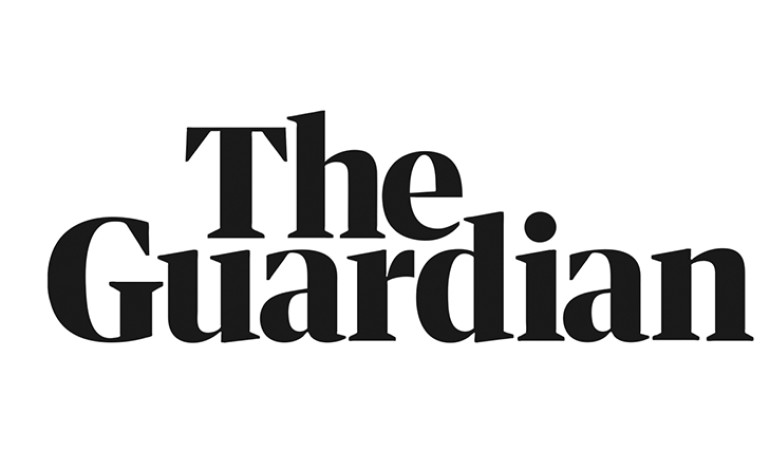
The Guardian officially apologised to Kano on the 30th of July. The newspaper used a picture of the emcee, wrongly mistaking him for Wiley, in an article published on the 29th of July.
The blunder caused The Guardian further embarrassment, as it accompanied an opinion piece addressing Wiley’s antisemitic tweets. An Instagram post outlined the publication’s regret at the mistake. It said: ‘The Guardian apologises unreservedly to Kano and our readers‘. The paper was quick to vindicate Owen Jones, the writer of the article, as he ‘was not involved in this error‘.
Kano defined his frustration at the incident through an Instagram post. The East London emcee uploaded a screenshot of the article, and captioned it: ‘I don’t want my likeness to be associated with this rhetoric for any longer than it already has. But YO @guardian/ @owenjones84, I’m the other rapper from East London. Fix Up‘. Kano underlines that the blunder has the potential to damage his image. This is because he has now, wrongly, been associated with Wiley’s racist outburst over Twitter.
It is not the first time that a major media outlet has made an error of this kind. The Manchester Evening News published a photo of a completely different woman, in a printed tribute to the recently deceased singer Denise Johnson, on the 28th of July.
The mistake threatens The Guardian’s reputation as an independent, intellectual, broadsheet newspaper. It demonstrates an archaic lack of awareness, which has no place in modern journalism. The publication’s mistake underlines that members of the press require further education and accountability, in order to combat the innate stereotyping that courses through British reporting.
As Kano succinctly pleas at the end of his post, the media need to simply ‘do better’.
You can keep updated with the further reaction to Wiley’s twitter outburst here
